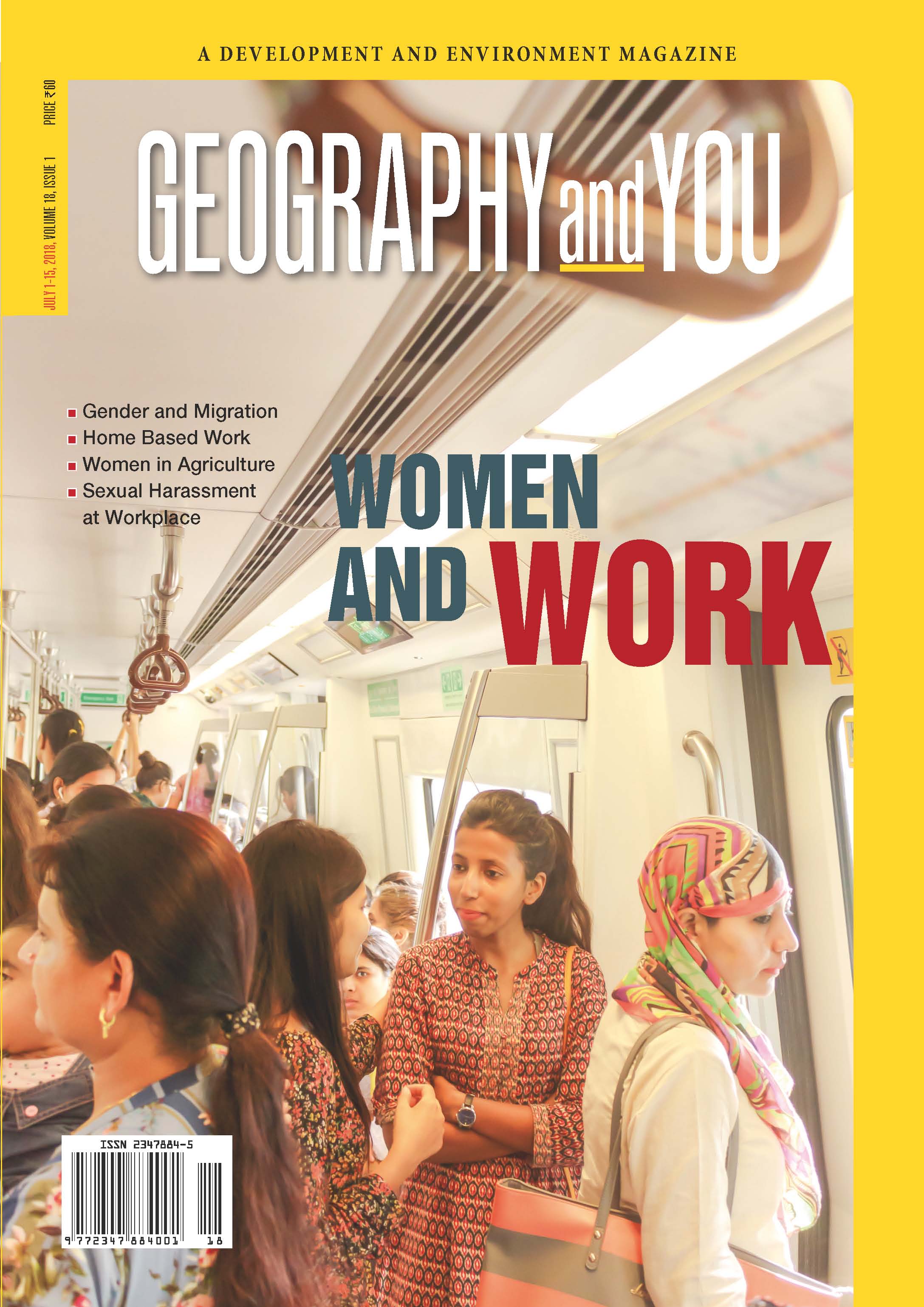
Inside this issue
LEGISLATURE OVERVIEW
India’s democratic principles and legislative structures have helped pave the way for achieving parity between men and women. However, performance in various indicators including healthcare, education and workforce participation are still in need of improvement.
WOMEN AND WORK
The paper explores the trajectory of defeminisation in Indian agriculture for over three decades based on NSSO and Labour Bureau data between 1983 and 2015. It concludes that withdrawals due to education and increased household incomes can only partially explain the trends.
Women are employed both prior to and after migration to urban areas although they do not escape the stereotypical gender roles therein.
In competitive markets, the concept of flexible and cheap labour is best articulated through home-based work. On one hand, it fits comfortably with social codes that assign women to the confines of the home; on the other, it is a profit-maximising venture.
India’s neo-liberal economies have given impetus to employment of educated urban women in highly technical and well-paid new generation service sectors. However, rather than providing emancipatory spaces for women to reinvent their identities, these sectors actively participate in the (re)constitution of traditional gender roles.
Crime and Women
Statistics show that one rape occurs almost every twenty minutes in India. Despite stringent legislation and amendment to rape laws why are such crimes on an increase? Understanding the link between everyday violence and violent crimes such as rape is imperative. Interventions need to be two pronged and address both to be effective.
Sixteen years following the Vishakha guidelines, a legislation was brought into place to prevent sexual harassment at workplaces. However, in its present form, the Act lacks in spirit and is riddled with loopholes.
IN CONVERSATION WITH
Ravi Verma leads the International Center for Research on Women (ICRW) on issues of HIV/AIDS, preventing domestic violence and child marriage. Speaking with G’nY, he talks about the need for gender equality.
Kamla Bhasin has been working for women rights for over four decades now. Speaking with G’nY, she discusses empowerment and the way forward that can help us acquire better human values.
In brief
I work in an office and I am a woman, which by definition makes me a working woman. That is not to say that women at homes do not work, but as far as data goes, anything that does not generate profit in monetary terms is not considered work. I have on many occasions in my 18 year long publishing jou

